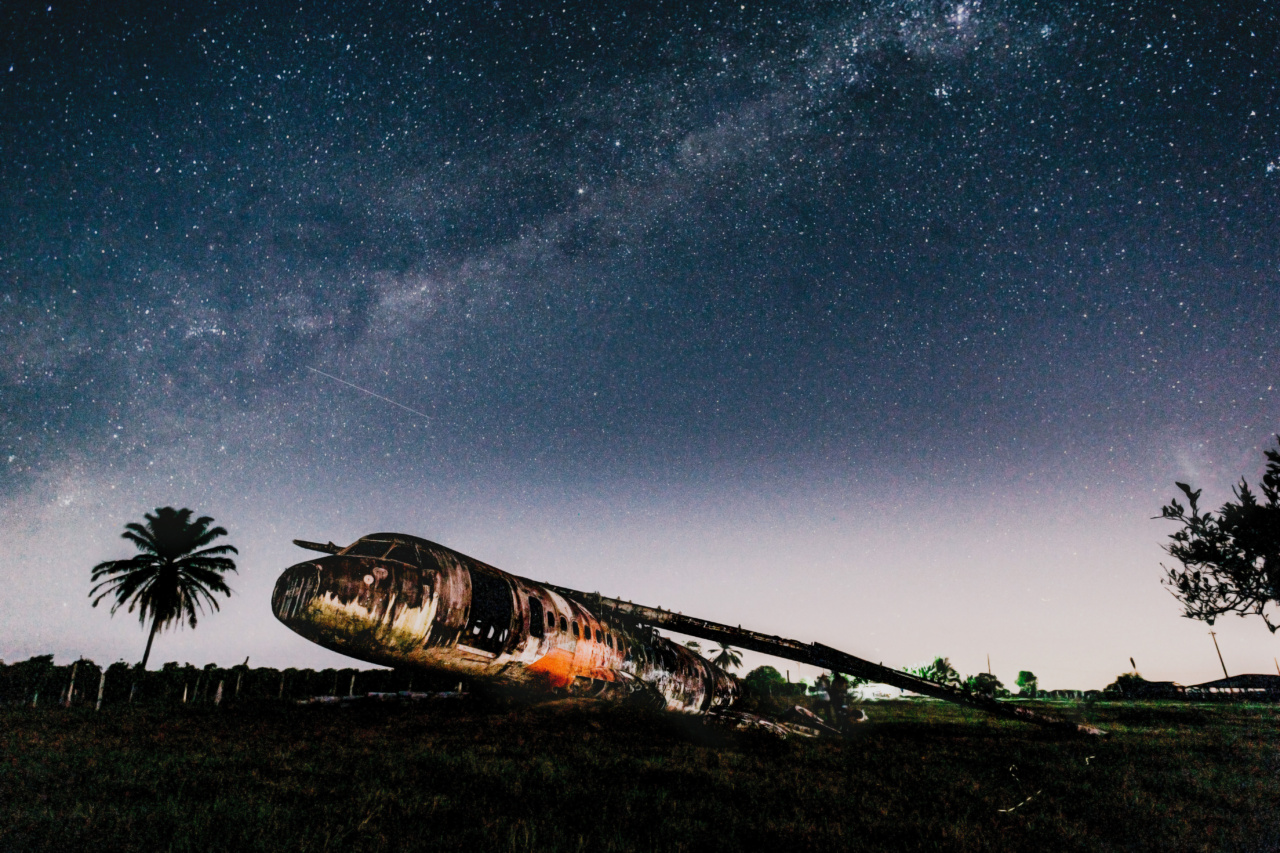Natural disasters can cause widespread damage to property and homes, leaving individuals and communities struggling to recover and rebuild.
From hurricanes and tornadoes to floods and wildfires, unpredictable weather patterns can wreak havoc on homes, businesses, and entire neighborhoods. That’s where insurance comes in, providing financial protection and peace of mind for those who find themselves weathering the storm.
Types of Natural Disasters
Understanding the different types of natural disasters is key to selecting the right insurance coverage. Some of the most common forms of natural disasters include:.
- Hurricanes: These massive storms can cause widespread damage, including strong winds, heavy rain, and flooding. Homes in coastal areas are particularly at risk.
- Tornadoes: Violent windstorms that can strike quickly and cause significant damage to homes and businesses.
- Flooding: Caused by heavy rain, melting snow, or rising rivers, floods can cause extensive damage to homes, businesses, and entire communities.
- Wildfires: Often sparked by lightning strikes or human activity, wildfires can quickly spread and destroy homes and natural landscapes.
- Earthquakes: Shifting tectonic plates can cause earthquakes, which can result in severe damage to buildings and infrastructure.
Insurance Coverage
When selecting an insurance policy to protect against damage from natural disasters, it’s important to select coverage that will provide the greatest financial protection in the event of a catastrophe.
There are several types of insurance coverage that may be relevant:.
- Homeowners Insurance: Provides financial protection against damage to homes caused by natural disasters such as hurricanes, tornadoes, and fires.
- Flood Insurance: A separate policy that provides financial protection against damage caused by floods, typically covering damage to both the structure of a home and its contents.
- Earthquake Insurance: Specialized insurance coverage that provides financial protection against damage caused by earthquakes, including damage to homes and other structures.
- Business Interruption Insurance: Provides financial protection for businesses that may be shut down for an extended period of time due to natural disaster damage.
- Auto Insurance: May provide financial protection against damage to vehicles caused by natural disasters, depending on the specific policy.
Choosing the Right Policy
When selecting an insurance policy, it’s important to choose the right one based on your specific needs and risks. Here are some factors to consider when selecting an insurance policy:.
- Location: Your geographical location will impact the types of natural disasters you are most likely to encounter, and may influence which types of insurance coverage you need.
- Risk Factors: Consider factors that may increase your risk of experiencing damage from natural disasters, such as living in a high-risk flood zone or near a fault line.
- Deductibles: Evaluate the deductible for any policy you are considering, as it will impact how much you will have to pay out of pocket before your insurance coverage kicks in.
- Coverage Limits: Review the coverage limits for each policy you are considering to ensure they provide adequate financial protection in the event of a natural disaster.
- Costs: Compare the costs of different policies, taking into account the coverage offered and your budget.
Tips for Preparing for Natural Disasters
While insurance is important, preparing for natural disasters by taking preventative measures can help mitigate potential damage and reduce your risk overall. Here are some tips for preparing for natural disasters:.
- Secure Your Home: Properly secure your home against potential natural disasters by trimming trees and removing outdoor items that could become dangerous in high winds, such as patio furniture and planters.
- Stock Up on Supplies: Have a stockpile of supplies on hand, such as non-perishable food, water, and medications, in case of a disaster that disrupts your usual supply chain.
- Stay Informed: Monitor weather reports and stay informed about potential disasters in your area, including evacuation routes and shelter locations.
- Prepare a Disaster Plan: Have a disaster plan in place, including steps to take in case of evacuation, and communicate it with your family and loved ones.
- Keep Important Documents Safe: Keep important documents such as insurance policies and identification in a secure location, and have digital backups in case of damage or loss.
Conclusion
Natural disasters can be devastating, but by taking preventative measures and selecting the right insurance coverage, individuals and communities can be better prepared to weather the storm.
By evaluating your specific risks and taking steps to protect your home and loved ones, you can help reduce the financial and emotional toll of natural disasters.























